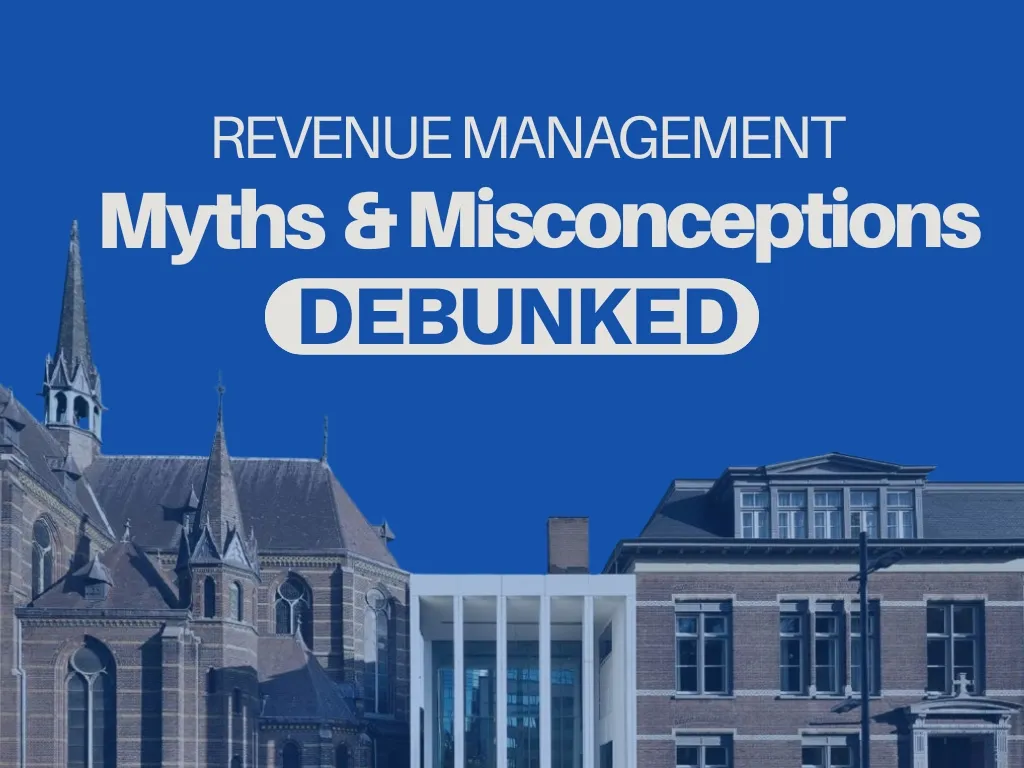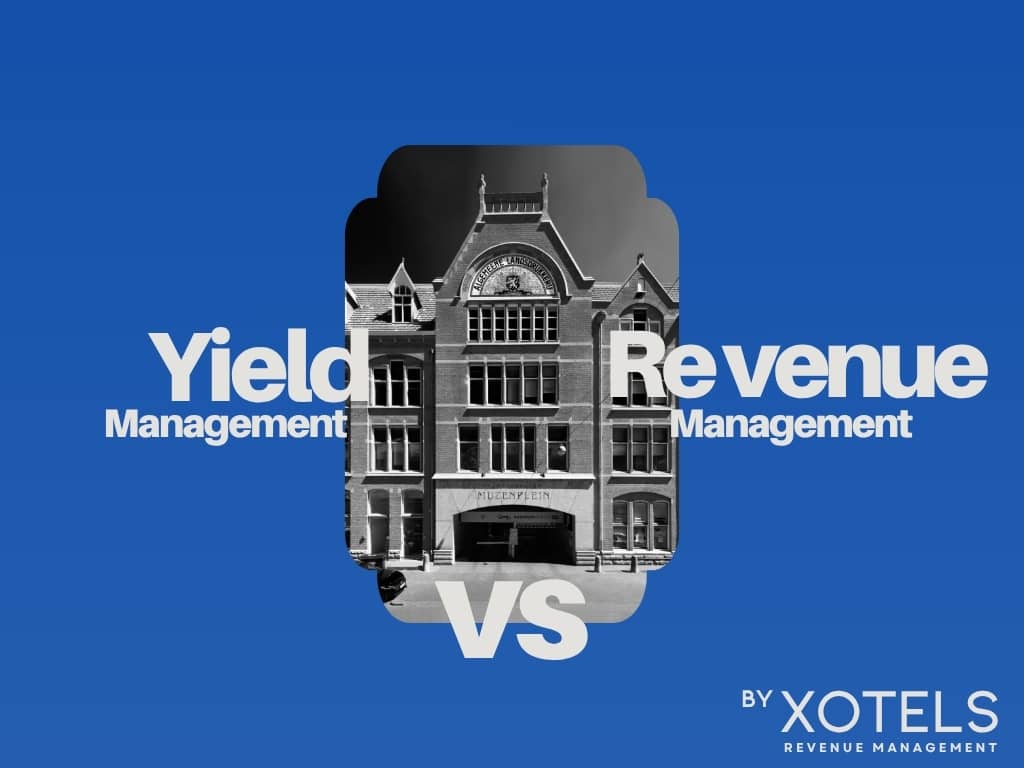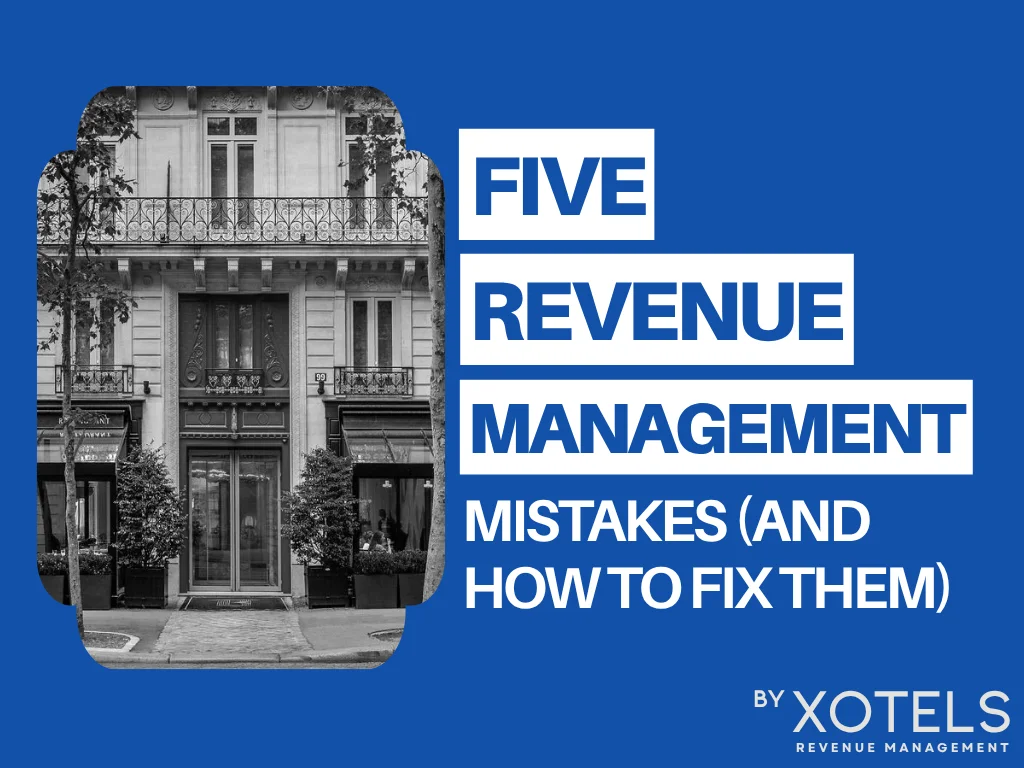Latest Posts
Being stuck in a rut as a hotelier sucks. We’ve all been there. Those sleepless nights, staring at the ceiling, wondering what else you can try to drive sales for your hotel. It’s a theme that keeps popping up in my calls with our revenue management consulting clients. So today, I want to share a few bold, practical ideas [...]
No time to lose, next year is almost here. And a good plan isn’t made overnight. How far are you with your targets, budget, and plan of attack for next year? What REVPAR and GOPPAR do you need to achieve? Is your plan for next year complete [...]
Think revenue management is just for the big hotel chains or that it's all about jacking up prices? Believe me when I say, as the COO of a revenue management consulting firm, that at least one of the below misconceptions is draining your hotel's profits faster than a leaky faucet. Let's debunk some of these myths and set the [...]
Subscribe to our free newsletter
Enjoy the latest trends shaping the hotel industry.
|
|
Thank you for Signing Up |


*By subscribing, you agree to receive communications from Xotels as per our Terms & Conditions.
All the Posts
Being stuck in a rut as a hotelier sucks. We’ve all been there. Those sleepless nights, staring at the ceiling, wondering what else you can try to drive sales for your hotel. [...]
No time to lose, next year is almost here. And a good plan isn’t made overnight. How far are you with your targets, budget, and plan of attack for next year? What REVPAR and GOPPAR do you need to achieve? Is your plan for next year complete [...]
OK, so you have decided to realize your dream and become a hotel entrepreneur, so now you need to start writing your hotel business plan. You have thought out an amazing concept [...]
Have you ever wondered what makes a hotel’s distribution strategy truly effective?. In this article, we take you on a deep dive to understand the most important trends in revenue management and highlight which opportunities will help your hotel stay ahead of the game.
Have you ever wondered what makes a hotel’s distribution strategy truly effective?. In this article, we take you on a deep dive to understand the most important trends in revenue management and highlight which opportunities will help your hotel stay ahead of the game.
Alright As a leader in revenue management consulting, we're always at the forefront of what is happening in the hotel industry ─ and keeping a close eye on how revenue management trends keep evolving. In this article, we take you on a deep dive to understand the most important trends in revenue management and highlight which opportunities will help your hotel stay ahead of the game.












